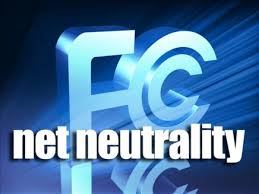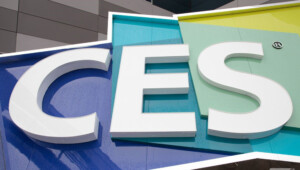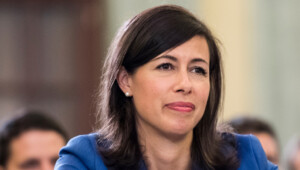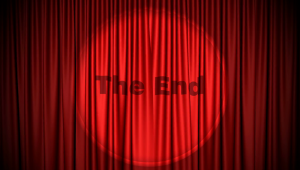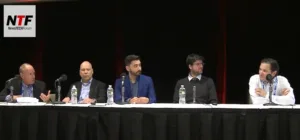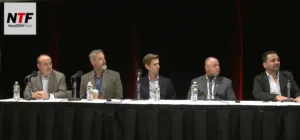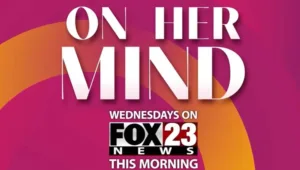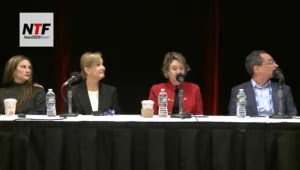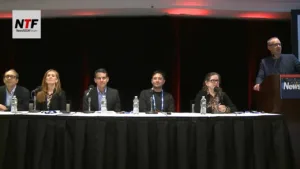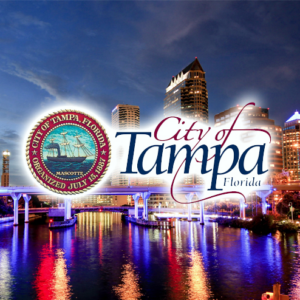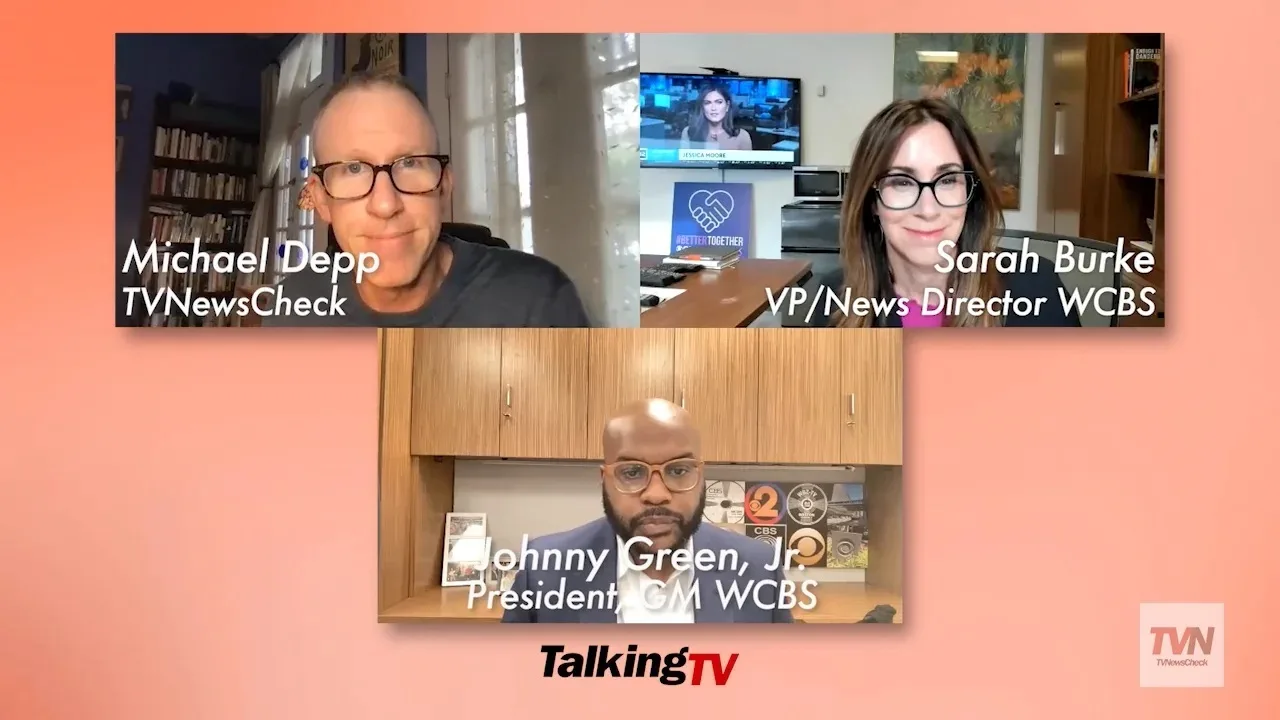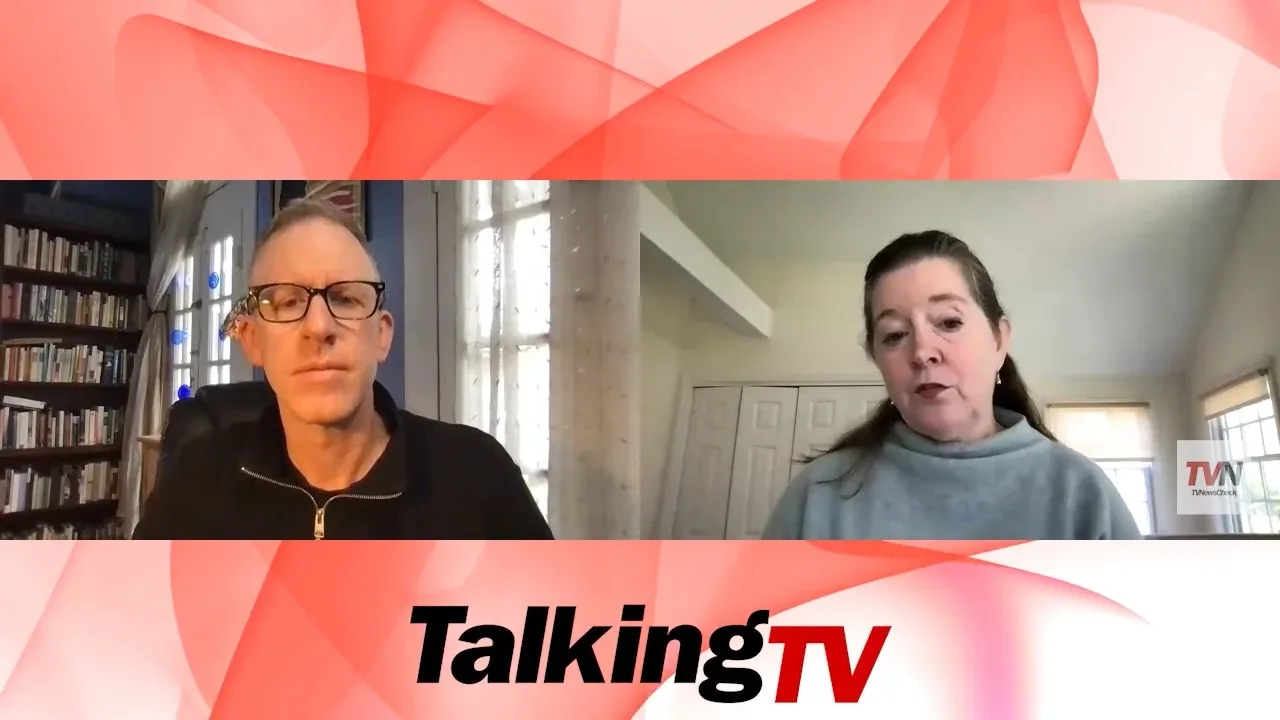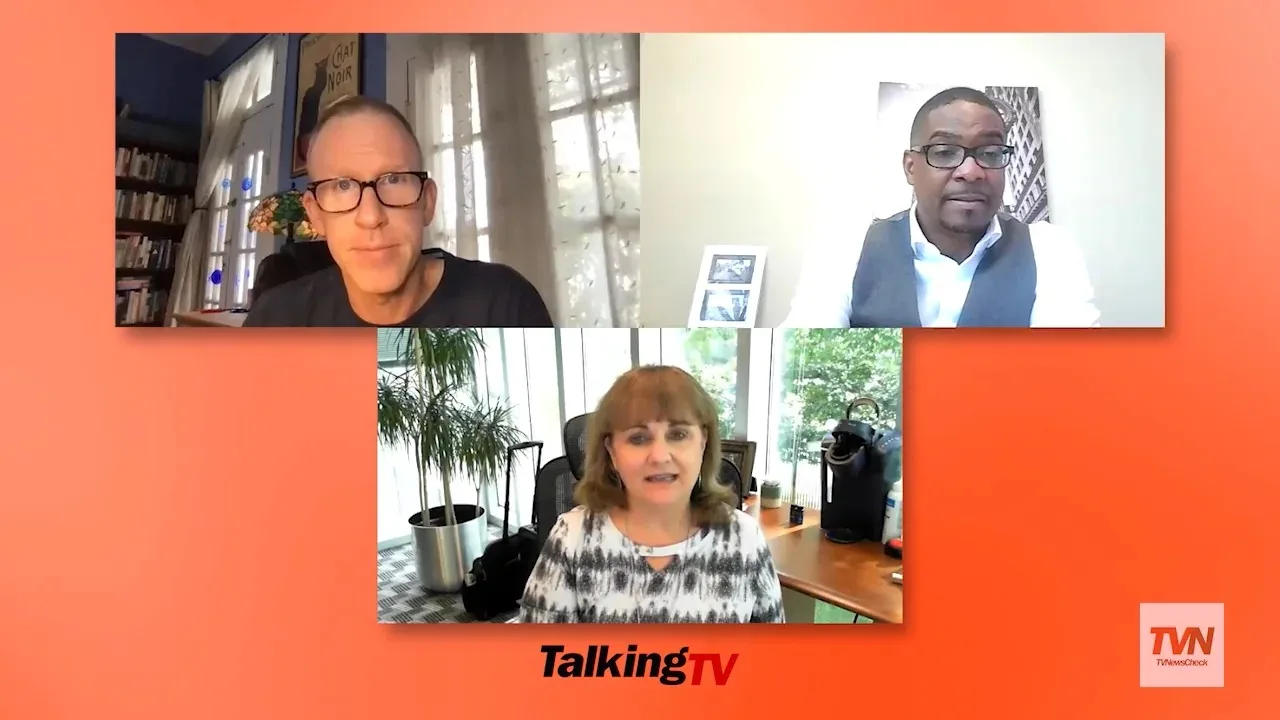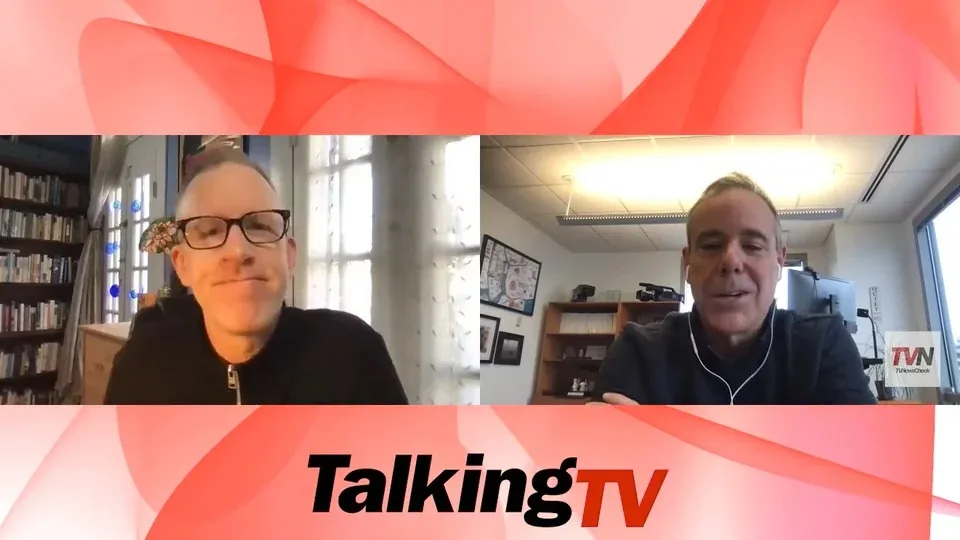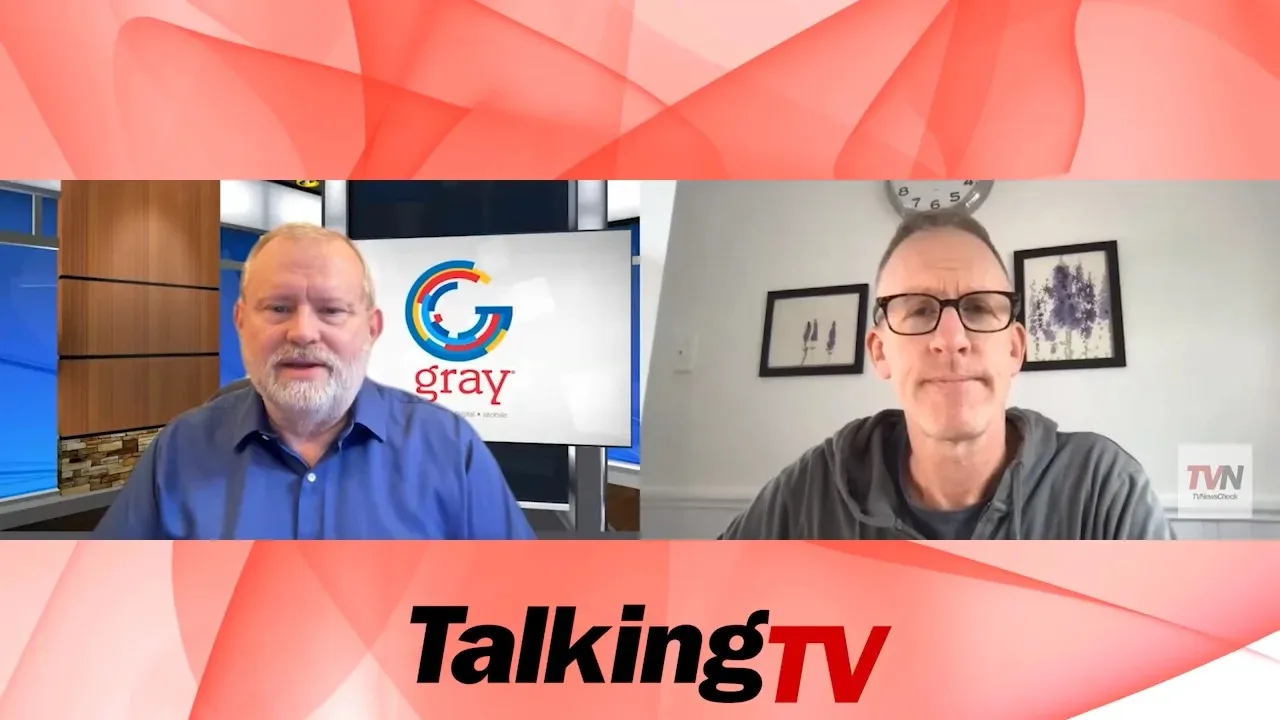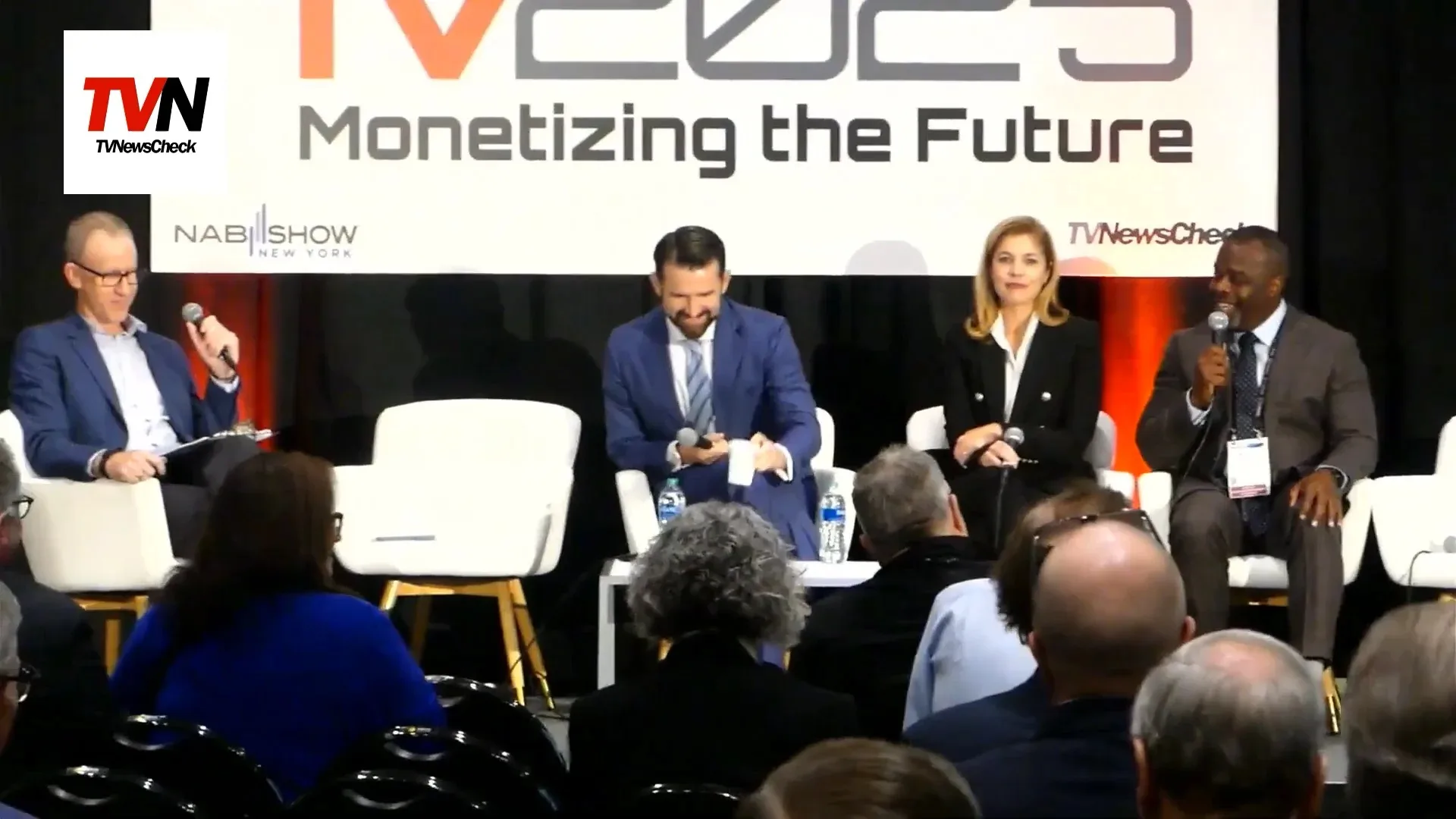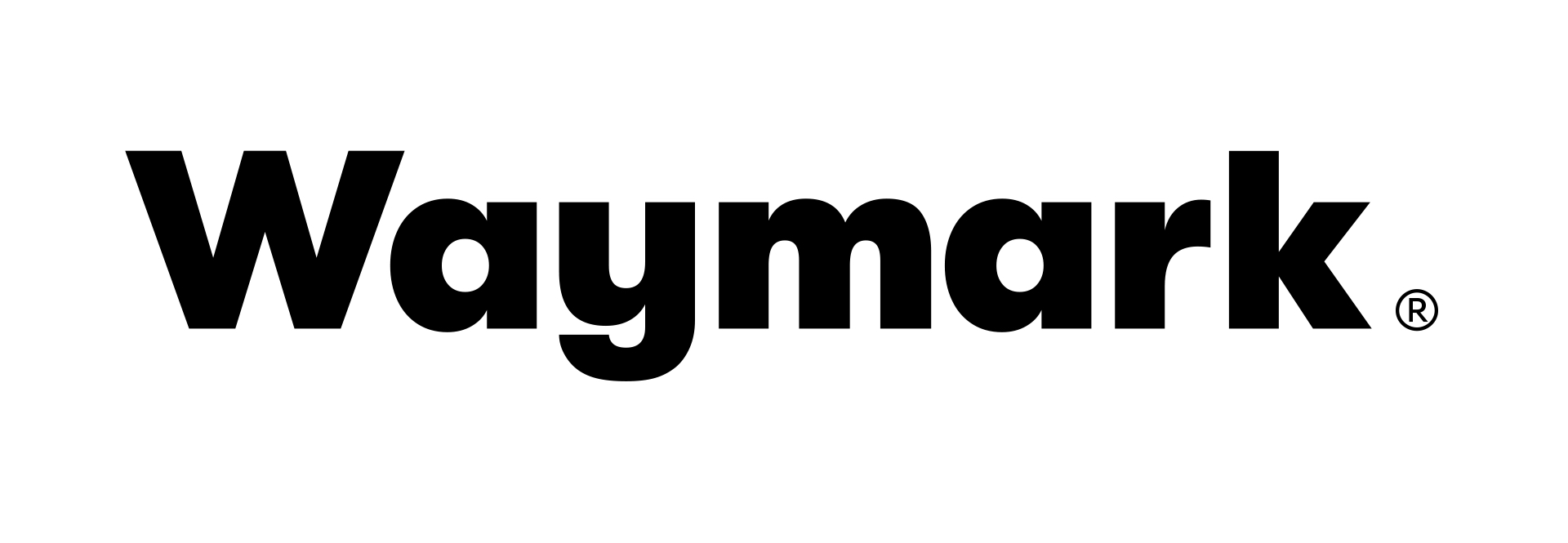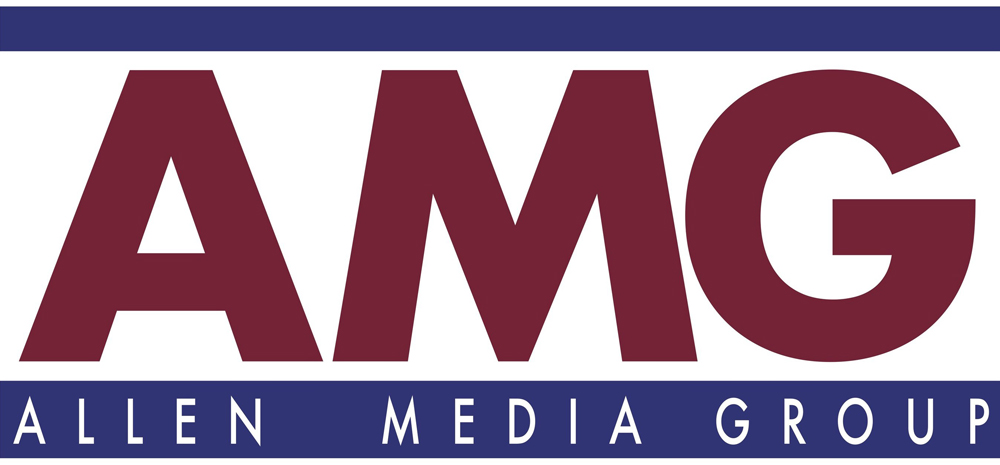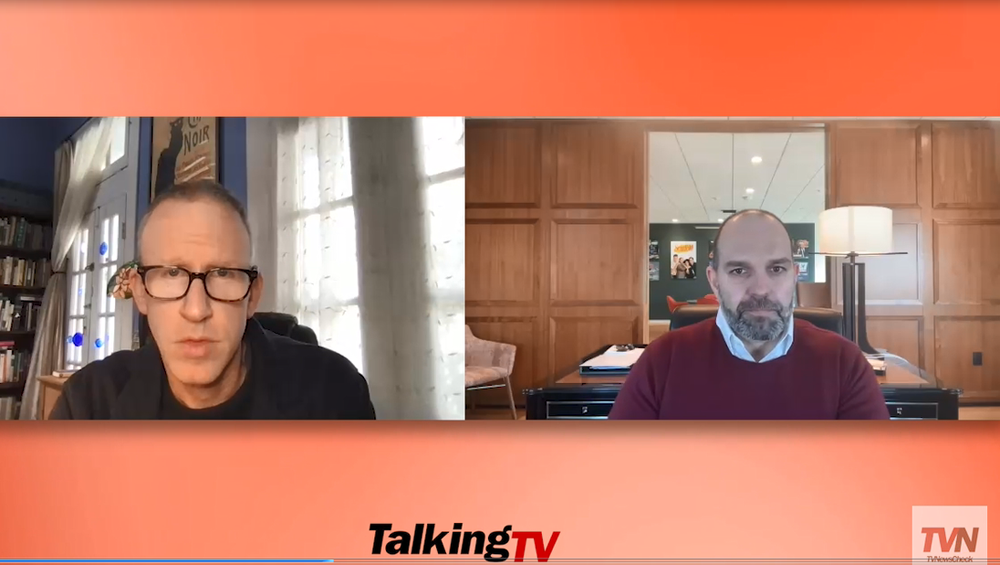
NAB President and CEO Curtis LeGeyt says he’s “tremendously frustrated” with the FCC’s late December decision to reaffirm and tighten its regulations on broadcast ownership. So, what’s the organization’s next move? A full transcript of the conversation is included.
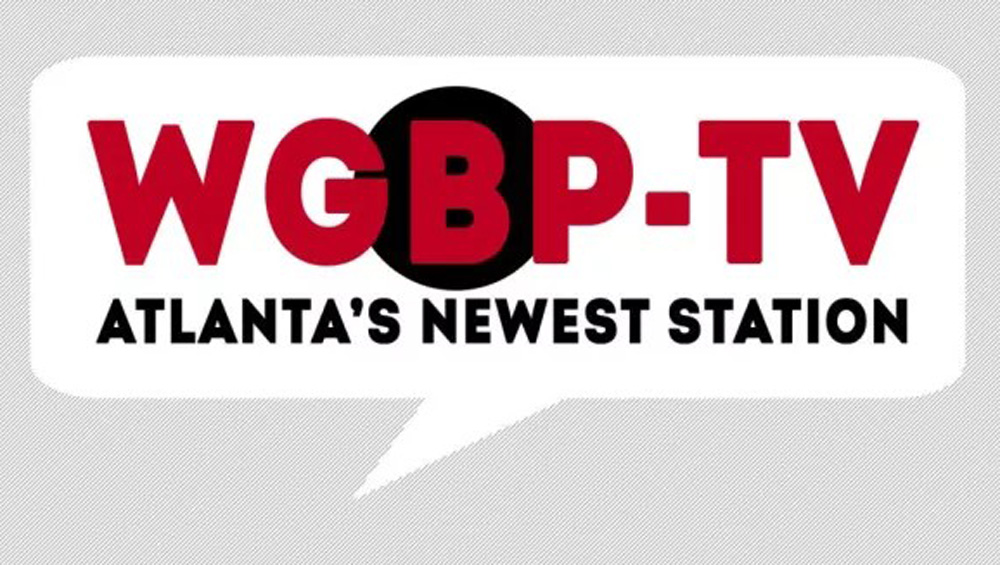
CNZ Communications, owner of WGBP Opelika, Ala., claims that under FCC precedent, Dish needs to carry the station throughout the entire Atlanta, Ga., and Columbus, Ga., DMAs. CNZ filed a complaint with the FCC on Dec. 11 seeking full carriage in both markets. Yesterday, Dish asked the FCC to deny the complaint, saying it was “based on a misreading of the relevant statute, regulations, and FCC precedent.”
Hey FCC, It’s Not The 1960s Anymore
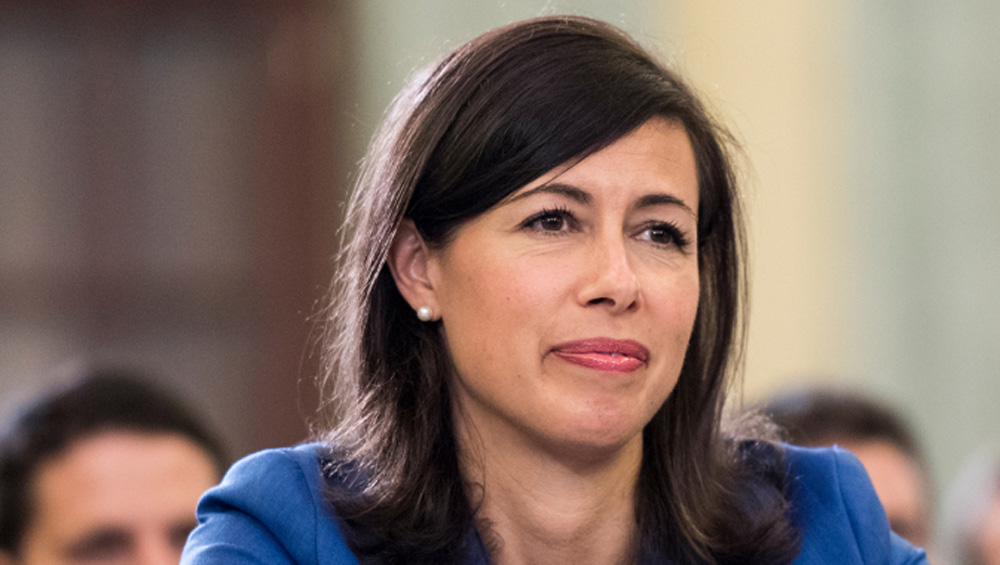
The FCC has held tight to anachronistic structural regulations, dealing a massive blow to broadcasters in dire need of regulatory relief. Localism will be one of the casualties.
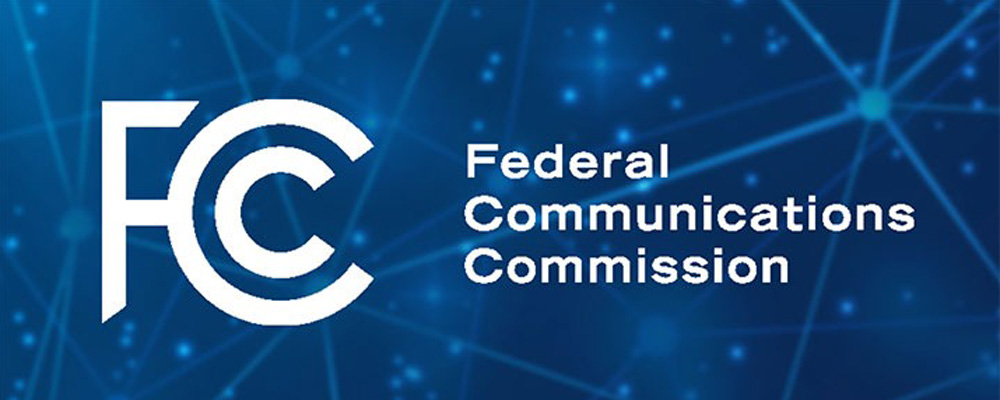
TV station owners just got bopped on the beak by the FCC regarding local TV station ownership limits. Could another bloody nose be on the way? It’s possible. That’s the view of prominent broadcast attorney David Oxenford, a partner at Wilkinson Barker Knauer in Washington. In a Jan. 2 blog, Oxenford said the Democratic-controlled FCC could take a look at the so-called UHF Discount, which is an FCC rule that allows a single TV station owner to serve more than 39% of TV households nationally. The FCC did not take up the UHF Discount or the 39% statutory cap set by Congress during its most recent quadrennial review of its broadcast ownership rules. “With a fifth commissioner now on the FCC, the UHF Discount could again be considered, particularly if there is a proposed acquisition that places the issue before the FCC by relying on the discount to comply with the ownership rules,” Oxenford said.
FCC Gives Broadcasters A Lump Of Coal For The New Year

Entrenched in the past, the commission has held firm — and even tightened — its deeply out-of-date regulations, dealing a deep blow to broadcasters.

The Opelika, Ala., NBC LX Home affiliate owner, CNZ Communications, has turned to the FCC to resolve a carriage dispute with Dish Network. Satellite TV providers like Dish have a legal obligation to carry local TV signals, but CNZ Communications claims Dish has declined to carry the station in all areas where WGBP believes it deserves distribution. Dish, by contrast, says it has met its legal requirements.
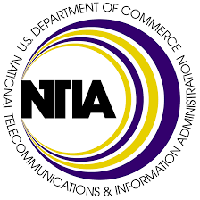
The telecommunications division of the U.S. Department of Commerce is backing the idea of raising the speed definition of broadband but was silent about taking it to a much higher level sought by a few fiber broadband companies. The National Telecommunications and Information Administration alerted the FCC last week that it supported raising the definition of broadband to 100/20 Mbps. The current threshold is 25/3 Mbps, which many view as outdated. NTIA’s letter didn’t address raising the broadband speed level to 100/100 Mbps – creating a symmetrical standard supported by regional fiber companies like Allo Fiber, Google Fiber and Ting Internet.

MSNBC is seeking approval from the FCC to skip providing audio descriptions for the blind during the Rachel Maddow Show and other live network programming. The commission has rules pursuant to a 2010 law that require some cable networks to furnish audio descriptions, but MSNBC says that because so many hours of its programming are live, the network met the criteria for an FCC exemption.

In a blow to broadcasters and a victory for cable, the FCC has reaffirmed and toughened its network and TV station ownership limits, saying that despite a proliferation of alternative video options, including streaming video, limits on network and local station ownership remain necessary to promote the public interest goals of competition, localism and viewpoint diversity “given the unique obligations broadcast licensees have as trustees of the public’s airwaves to serve their local communities.” In wrapping up its 2018 review of whether network and local TV station ownership limits and regs are in the public interest, a Democratic majority of commissioners said they were.

The FCC under Democratic control has decided to tighten its TV station ownership rules. Under the rules, the FCC will make it harder for one station to affiliate with more than one Big Four broadcast network. Stations say that the FCC’s approach is unjustified given the intense competitive pressure they face for advertising revenue. The FCC decision, released Tuesday afternoon, was a substantial victory for the cable TV industry, which has tied current station ownership rules to a rise in signal blackouts and higher retransmission consent fees.
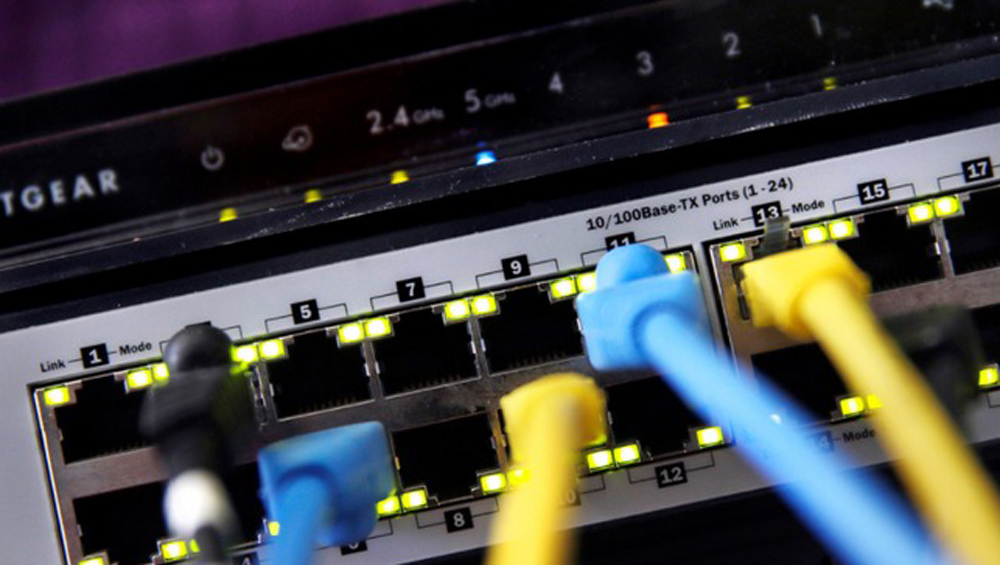
Cable lobbying group NCTA–The Internet & Television Association is asking the FCC to reject a proposal made by Google Fiber, ALLO and Ting to increase the government’s definition of “broadband’ to a symmetrical 100 megabits-per-second speed.

After weeks of intense lobbying, the Federal Communications Commission has reportedly adopted new media ownership rules, and it appears TV station owners have been dealt a setback. The news came in a post on the X microblogging site by a reporter for Communications Daily, an industry newsletter that follows FCC activity closely. “The FCC has approved the 2018 Quad Review order 3-2. I’m told the order still extends top 4 prohibition to LPTV and multicast streams, only change is language highlighting the waiver process,” Monty Tayloe wrote on Friday.
The FCC says it needs better data on instances where TV stations go dark on cable and satellite TV systems. A key question: Who needs to provide the blackout data — the pay TV companies or the TV stations? In a document posted Thursday on its website, the FCC said it would put the burden on cable and satellite TV, not TV stations, saying it was the most practical option.

Ahead of next Wednesday’s fast-approaching deadline, broadcasting and pay TV industry representatives are using the limited time left to pitch the FCC on their preferred substance of potentially new media ownership rules. Broadcasters are urging the FCC to loosen some current rules and allow for more TV station ownership consolidation at the local level. Meanwhile, cable and satellite TV companies think current rules have loopholes that need to be closed to reduce the number of signal blackouts and moderate their payments to stations for carriage.

CBS parent Paramount Global is reportedly in merger talks with Warner Bros. Discovery – in yet another sign that legacy media institutions continue their search for sufficient scale to compete with Netflix, Apple, and Amazon in the streaming video space. If CBS is in play, that could draw others into a bidding contest, including Comcast, according to a CNBC report. If Comcast came away the winner, the Philadelphia-based media conglomerate would own the NBC and CBS networks. However, FCC rules do not permit the common ownership of two Big Four broadcast networks without a wavier — a restriction that dates to 1946.
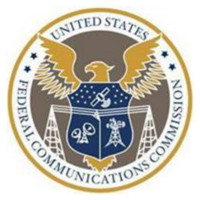
It’s not just TV stations that want deregulation from the FCC. So do radio stations. Facing stiff competition from Amazon, Facebook, and Google for ad dollars, radio broadcasters Connoisseur Media and Mid-West Family Broadcasting are saying the FCC needs “to relax the current local radio ownership rules particularly for companies like theirs, that already provide significant local service, and would increase such service if allowed to own more stations in their markets.”

Senior Capitol Hill Republicans that oversee the communications sector say they want FCC Chair Jessica Rosenworcel to correct “deeply misleading” testimony about the Affordable Connectivity Program, a $14 billion broadband subsidy program.

For broadband internet service providers (ISPs), the current FCC is a lost cause, a total waste of time. In the end, they are counting on the courts for vindication, and they are probably making a smart bet. Even though the FCC acts as if nothing has changed, in fact a lot has changed in the legal arena. Last year, the Supreme Court issued a bombshell decision in West Virginia v. EPA that will make it arduous for an agency like the FCC to adopt consequential rules absent explicit authorization from Congress.

On Monday, broadcasters made three separate presentations to FCC Commissioner Anna Gomez’s policy aides on the need to protect the regulatory status quo at a minimum regarding TV station ownership. The National Association of Broadcasters went a step further in calling for relaxation of a rule that limits combinations among the most popular stations in a local market.
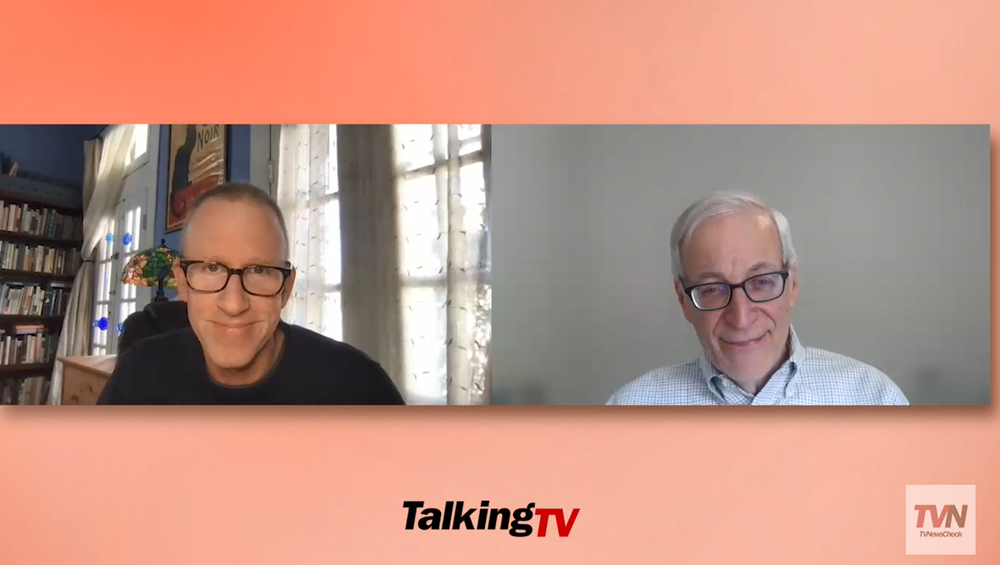
TVNewsCheck Editor at Large Harry Jessell and Editor Michael Depp look back over an eventful year in broadcast business news and ahead to the steepest challenges it will confront in 2024. A full transcript of the conversation is included. [Ed. note: Jessell erroneously noted Nexstar stock took a 32% hit, when it actually lost 32 points. Since this episode was recorded, its stock rebounded to 155 yesterday.]

The agency can finish handing out broadband service licenses to winning bidders for 2.5 GHz 5G spectrum it auctioned last year.
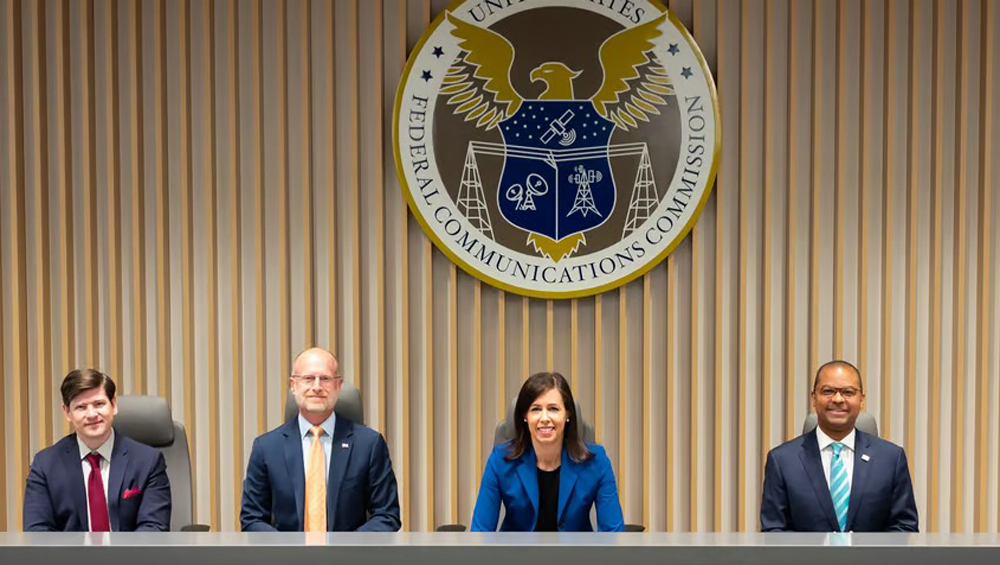
TV station owners have their fingers crossed as they await a big regulatory decision out of the FCC. Agency action is expected within days based on a court order requiring an FCC decision by Dec. 27. Before the agency is a proposal to tighten a key TV station ownership regulation. A negative outcome for broadcasters could upend established business practices that support their market value. Even if the FCC exempts existing TV station deals otherwise disallowed under the new rules, many broadcasters fear that even an accommodation like that could hurt their ability to exit the business at a healthy price.

An FCC proposal would expand requirements for telecom providers to disclose hacks into their customers’ data. But telecom providers generally aren’t supportive of the agency’s look at the topic.

A religious broadcaster says new federal rules are needed for it to obtain carriage on streaming services like YouTube TV, Hulu + Live TV and Sling TV. One Ministries Inc. is turning to the FCC for help, claiming so-called virtual multichannel video programming distributors (vMVPDs) are neglecting its Christian-formatted KQSL San Francisco.

The trade association for major cable TV companies says federal regulators are overreaching legally in trying to ban certain cable fees that President Biden has attacked as anti-consumer. NCTA – The Internet & Television Association, is telling FCC officials that the agency lacks legal authority to ban Early Termination Fees (ETFs) and Billing Cycle Fees (BCFs) – which are widely used by pay TV providers, including streamers in the case of BCFs, but referred to as “junk fees” by Biden and FCC Chair Jessica Rosenworcel.

An organization supported by traditional pay TV providers is pushing back on the idea that local TV station mergers won’t lead to higher cable and satellite TV bills. While TV stations continue to push for ownership deregulation at the federal level, the American TV Alliance (ATVA) predicts that control of TV stations by just a few owners will increase the retransmission consent fees that cable TV and satellite TV providers pay broadcasters.
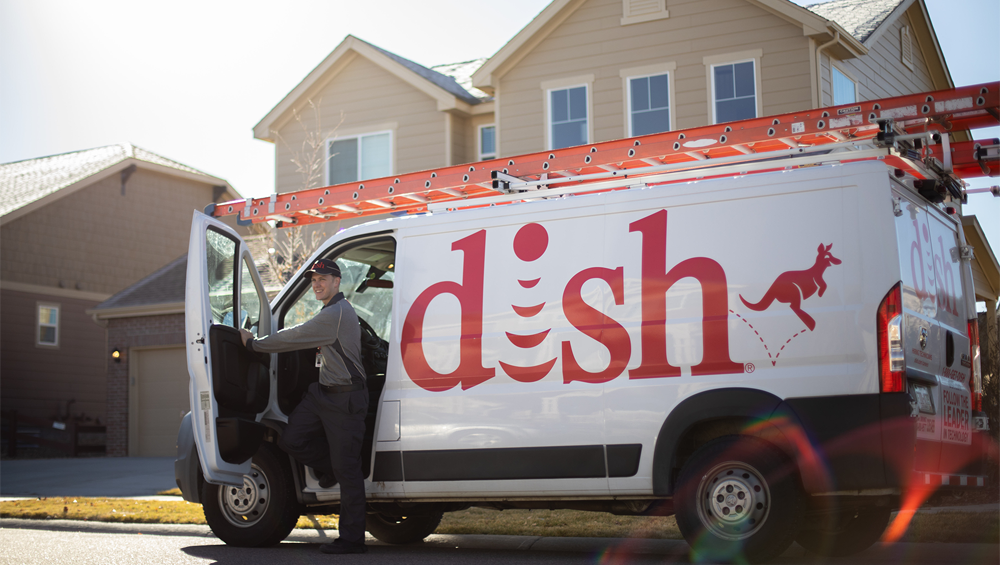
Satellite TV broadcaster and terrestrial wireless operator Dish Network and EchoStar, its sister company focused on broadband services from space, have cleared a key regulatory hurdle in the way of their merger plans. The FCC gave its blessing Dec. 6 to transfer all of Dish Network’s licenses and authorizations to EchoStar, which would be the surviving entity following the transaction. The approval is one of the final conditions needed to complete a merger announced around four months ago.

Streaming services like YouTube TV and Sling TV don’t have to worry about becoming the legal equivalent of cable TV or satellite TV companies any time soon through action by the FCC. That was that the implicit message that FCC Chair Jessica Rosenworcel left with Capitol Hill on Thursday when she was pressed for a regulatory update on the video issue by the leader of the House Energy and Commerce Committee.
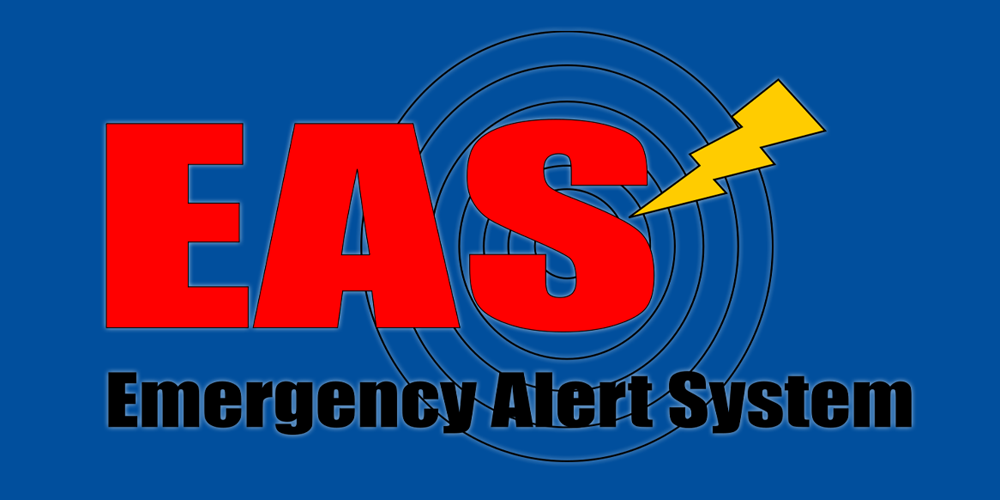
The FCC has given broadcasters some extra time to make sure their emergency alerts comply with new rules that favor IP-based alerts, but only for the broadcasters the agency has concluded really need the extension.

FCC Chair Jessica Rosenworcel is proposing prohibiting cable and satellite TV operators from imposing early termination fees on their video subscribers, calling them junk fees that discourage competition. The notice of proposed rulemaking, which Rosenworcel has teed up for a vote at the commission’s December public meeting, would also require multichannel video programming distributors to provide rebates to customers who cancel service before the end of a month for which they have already paid.
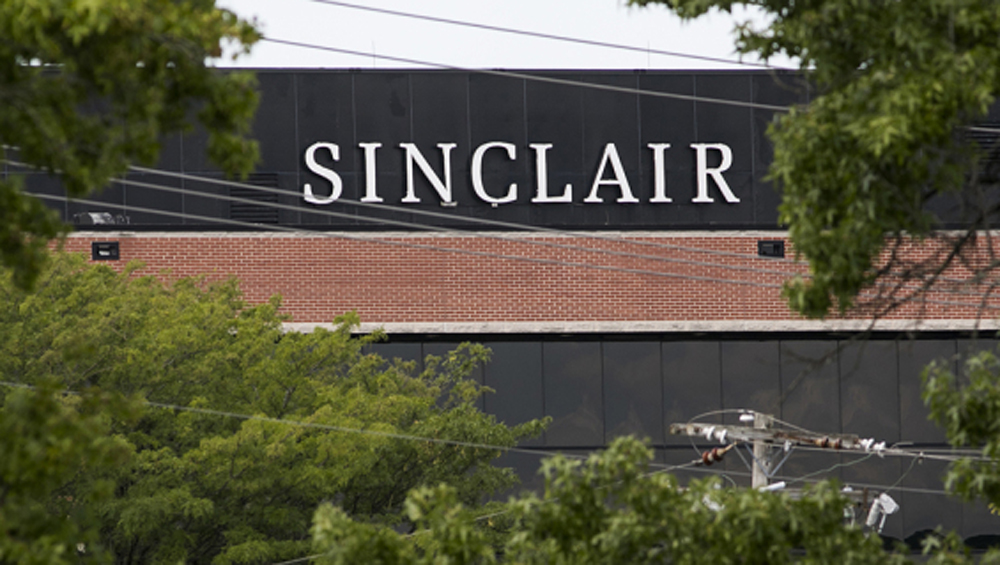
A former Sinclair employee has sent a letter to the FCC, asking it to revoke the stations group’s licenses over “questions about Sinclair’s commitment to journalistic integrity, diversity, and compliance with FCC regulations.”

The rules package, which the commission ratified on Wednesday, would empower the agency to review and investigate instances of discrimination by broadband providers to different communities based on income, race, ethnicity and other protected classes.

Broadcasters have long argued that one of the reasons they are a must-have medium is their local news programming. FCC Chair Jessica Rosenworcel is proposing to recognize — and incentivize — those efforts. Rosenworcel has proposed prioritizing the license application reviews of stations producing local programming.
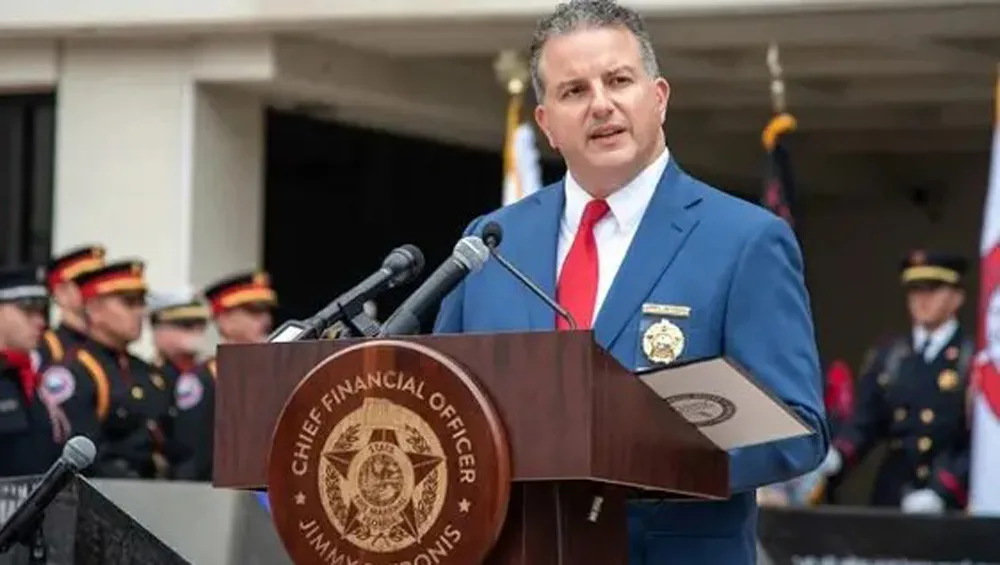
The chief financial officer of the state of Florida wants the FCC to “immediately halt any further utilization” of Wireless Emergency Alerts on a national level. Jimmy Patronis, who also serves as the state’s fire marshal, addressed his letter to FCC Chairwoman Jessica Rosenworcel. He took issue with use of the WEA platform to send the nationwide emergency text message to cellphones and wireless devices in early October:

Fox is telling the FCC that documents its critics want the regulator to compel it to produce aren’t relevant to a challenge to the company’s license for WTXF Philadelphia — a challenge Fox says the commission should reject.

The FCC this week released its second EEO audit notice for 2023. The FCC’s Public Notice, audit letter, and the list of stations selected for audit is available here. Those stations, and the station employment units (commonly owned or controlled stations serving the same area sharing at least one employee) with which they are associated, must provide to the FCC (by uploading the information to their online public inspection file) their last two years of EEO Annual Public File reports, as well as backing data to show that the station in fact did everything that was required under the FCC rules. The response to this audit is due to be uploaded to the public file of affected stations by Dec. 14.


